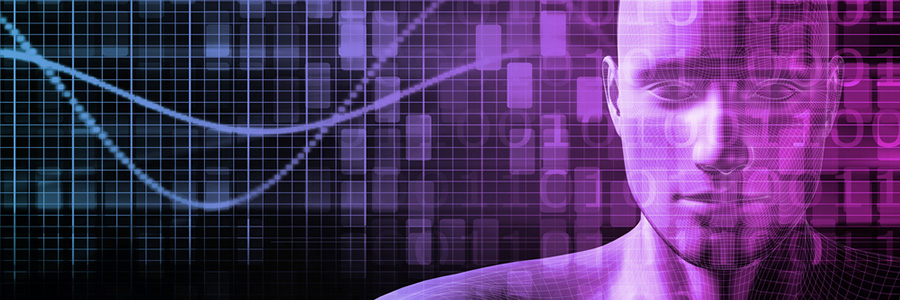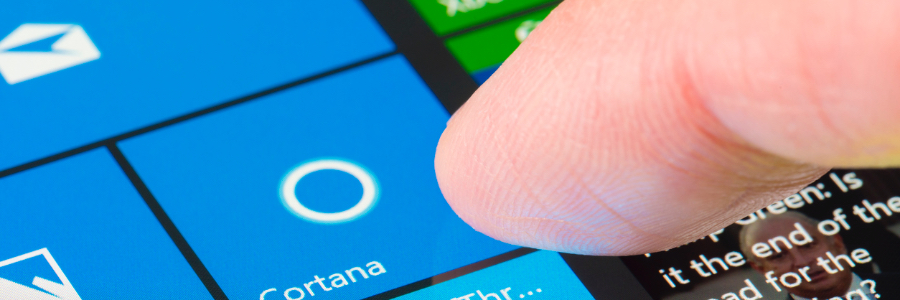Digitization is significantly changing the way healthcare organizations deliver care and services to patients. In particular, the use of electronic health records (EHRs) is improving the accuracy and accessibility of patient information. Despite this, the adoption rate of EHRs is still low and meets resistance from many healthcare providers.
EHRs: Are they worth it?
IoT security in healthcare: What you need to know
Stop insider threats within healthcare organizations
Why cloud solutions are essential in healthcare
Telemedicine to help transform healthcare
3 Ways AI is changing the healthcare sector

Technology plays an important role in streamlining business processes. Artificial intelligence (AI), for example, is making huge strides in the healthcare industry, not only helping medical professionals better care for their patients, but also giving people proactive means of managing their health and lifestyle.
How big data helps lower hospital readmission rates
Are you HIPAA-compliant? 4 Things to look into

Medical records are extremely private and their exposure could lead to negative consequences such as social stigma and job discrimination. The Health Insurance Portability and Accountability Act (HIPAA) protects this information and grants patients the right to view their own health information so that they can enjoy more control over their care.
Prevent hackers from stealing healthcare data
Technology: Shaping the future of healthcare

Digital technology has revolutionized many industries, and it's no surprise that it’s making waves in healthcare. Numerous advancements are helping reform unsustainable healthcare systems, develop cheaper, faster, and more effective cures for diseases, and improve the welfare of patients and healthcare providers alike.








